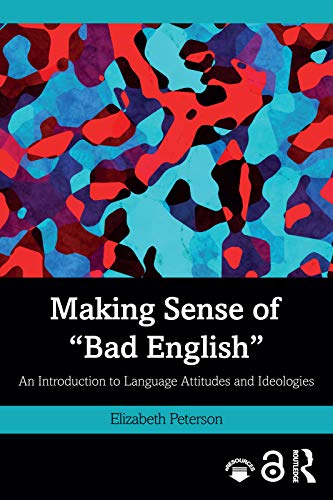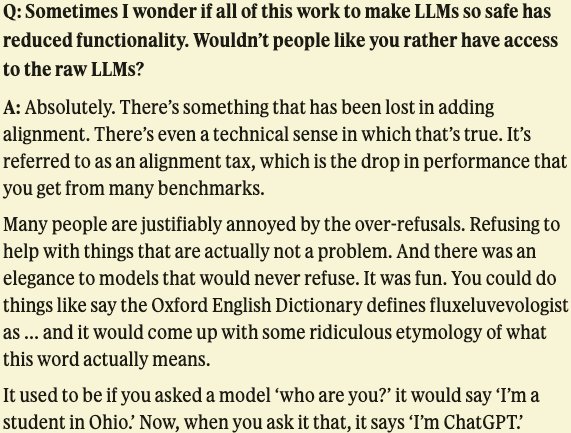Sublime
An inspiration engine for ideas
When Newton named the colors of the rainbow what he called "blue" we would now call "cyan" and what he called "indigo" we now call "blue."
This seems like a strong example of Sapir-Whorf that a small linguistic change has made us blind to the obvious discrete color in the middle
Ryan Moultonx.comMaking Sense of "Bad English": An Introduction to Language Attitudes and Ideologies
amazon.com
We no longer accept that writing must be lifeless, that it can only convey our tone of voice roughly and imprecisely, or that nuanced writing is the exclusive domain of professionals.
Gretchen McCulloch • Because Internet: Understanding the New Rules of Language
Amusingly, as several later writers have noted, the printer Thomas Curson Hansard in his landmark textbook on printing Typographia describes the new fashion as 'preposterous', but the book was printed using lining figures and the modern typefaces he also criticised throughout.[6][13]
Robert Bringhurst • Text figures

Read this @semafor q&a with @scale_AI's lead (and only) prompt engineer, @goodside https://t.co/sXst3AGDeu https://t.co/lOmMVUFoxn
Speaking of Chinchilla, @nostalgebraist’s blogpost is excellent reading. And not the first instance I’ve seen of more lucid thinking on LLMs in certain online forums vs pro/academic ML research. (Though not sure if nostalgebraist is pro/anonymous?)
https://t.co/CsaprXFtNx
Jacob Menickx.comBryan A. Garner’s Garner’s Modern English Usage, also known to many in the editing world as the bible
Emmy J. Favilla • A World Without "Whom"
language is a dialect with an army and navy.
David Shariatmadari • Don't Believe a Word

This is English, the shower drain of languages
instagram.com